|
|
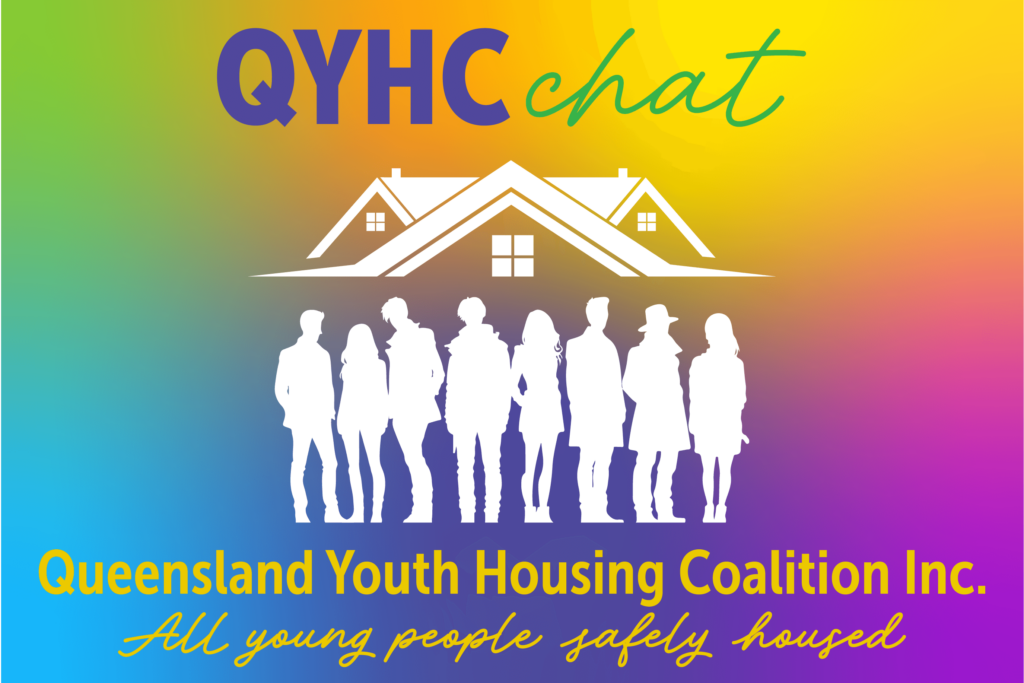
|
QYHC Chat August 2024
|
|
Homelessness Week 2024!
|
|
"All in it together" was such a strong message of Homelessness Week 2024. Solving homelessness takes all of us – the apt message of Brisbane zero and the Homelessness Forum hosted by Micah Projects and Brisbane Zero and Southeast Queensland friends.
|
|
|
|
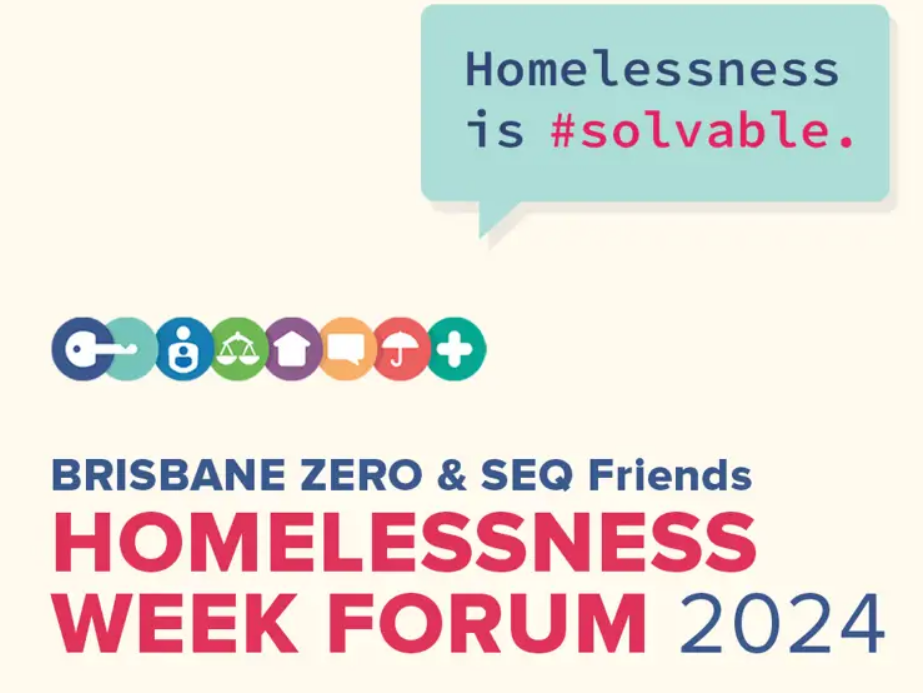
|
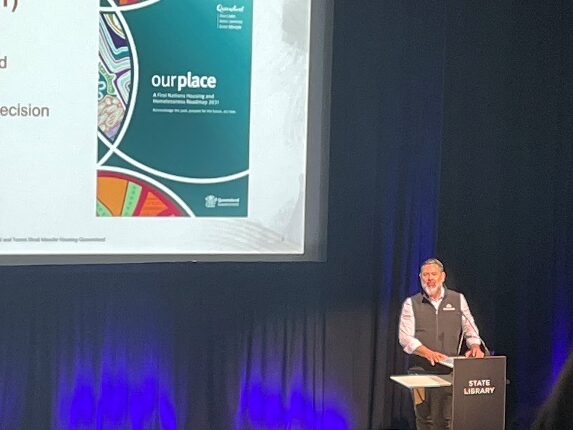
|
In Queensland we have an unacceptably high portion of First Nations people who are homeless – as high as 49%. Half of whom are under 25 years of age. We need Indigenous led services and solutions, and we need to prevent homelessness.
|
We need to focus on how to collect data that brings life to what people are actually experiencing. We can see what is happening with people and what we can do about it.
|
It’s all about tracking all outcomes rather than focusing on whose outcomes.
|
|
These were a few of the many take home messages when QYHC had the pleasure of taking part in the Brisbane Zero and SEQ Friends Homelessness Week Forum 2024. We were treated to keynote presentations from Neil Wilmett, CEO, Aboriginal and Torres Strait Islander Housing Queensland who spoke on the importance of action including preventative, to respond to First Nation Queenslanders experiencing homelessness as well as the Queensland Government’s Our Place: A First Nations Housing and Homelessness Roadmap 2024-2027 and Professor Ingrid Burkett, Director of the Griffith Centre for Systems Innovation who presented on the Brisbane Zero Collaboration Evaluation report. QYHC ran a breakout session providing networking for those working with young people to discuss their practice and highlight challenges and solutions.
|
|
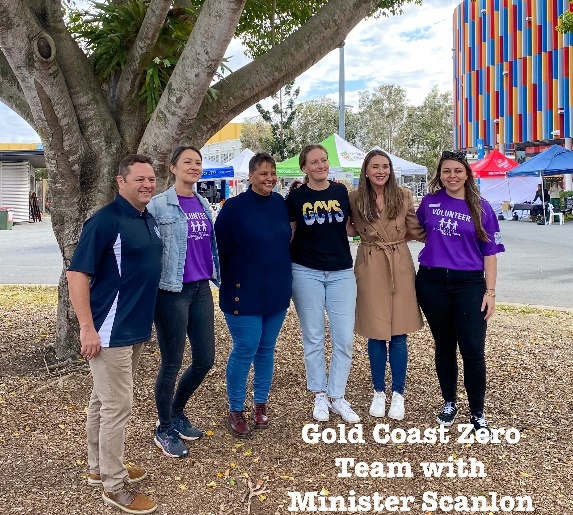
|
|
On the Gold Coast, over 1000 people attended the Connect2Home event. This is a great example of how the community and Gold Coast Homelessness Network (GCHN) sponsors work together. Minister Scanlon was in attendance and announced the signing of the Gold Coast Zero.
|
|

|
|
Roseberry Youth Service had state and federal representatives attend their Jack’s House Open Day to talk about homelessness and the work that they do.
|
|

|
|
Ipswich Community Youth Service’s (ICYS) housing team was out in the regions as they attended the Lockyer Community Centre to share information about housing supports with the community.
|
|
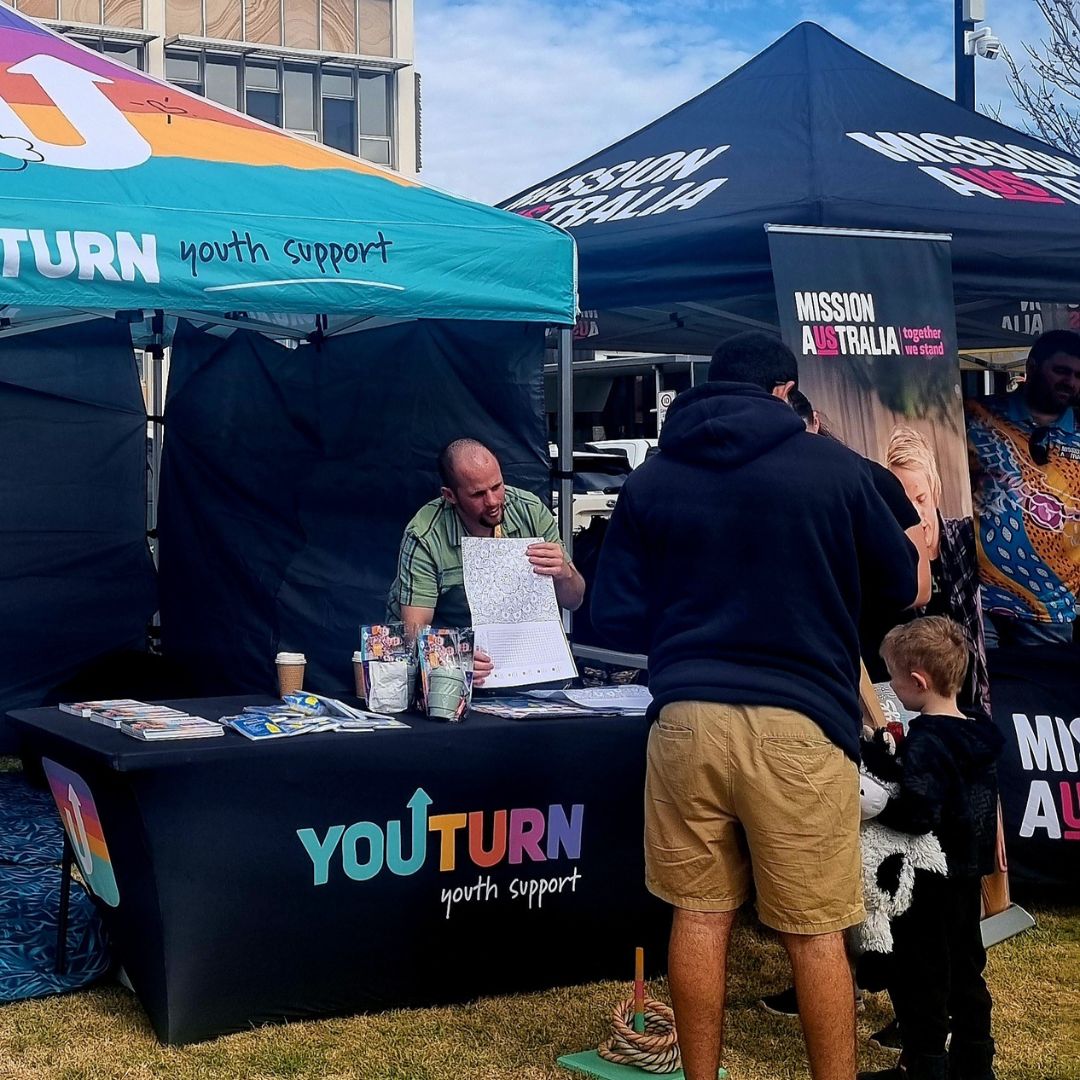
|
|
In Toowoomba, the YouTurn team participated in the Homelessness week Expo hosted by the Base Services. The event united businesses and community groups to highlight the importance of coming together. The team provided care packs and information to the community.
|
|
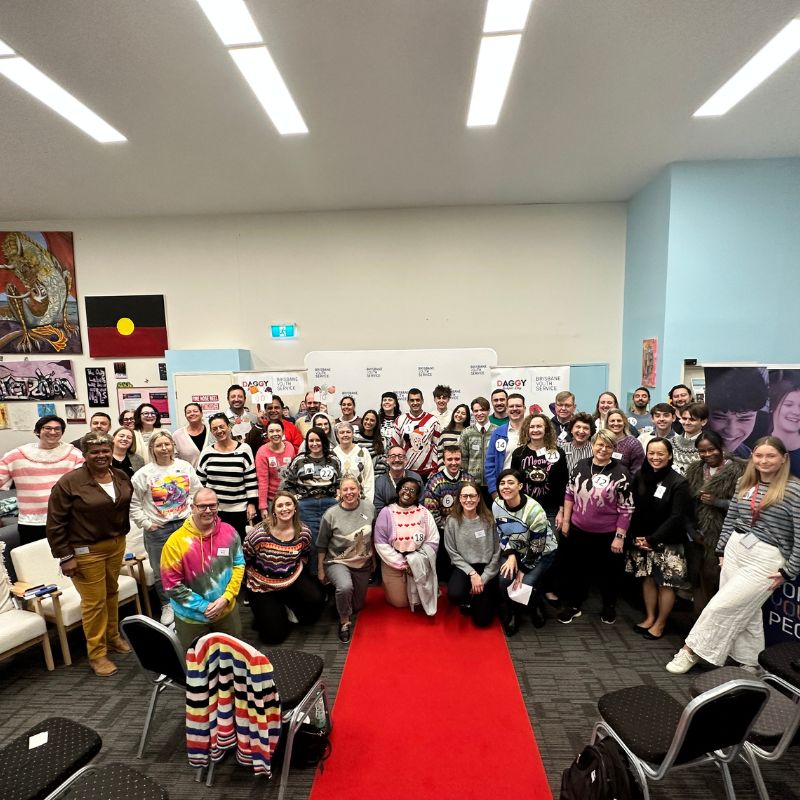
|
|
Brisbane Youth Service hosted their annual Daggy Jumper Day. Their attendees all embracing the cause and donning their most creative jumper! The proceeds raised go towards assisting young people and their families.
|
|
|
|
|
|
|
In August we celebrate the vibrancy of multiculturalism with Multicultural Queensland Month. It is dedicated to fostering a more inclusive multicultural society through education, action and celebration. We’re striving for a Queensland where individuals from all cultures feel welcome and can contribute and flourish. Luminous Festival kicked off Queensland Multicultural Month with a spectacular display of our vibrant cultural diversity. It was a magical cultural mix of entertainment, delicious food and an unforgettable lantern parade.
|
|

|

|
Learn about the rich cultural diversity in Queensland, and how to take practical action to ensure Queensland is inclusive of people of all cultures.
|
Explore stories that showcase practical contributions towards a more inclusive multicultural Queensland.
|
|
Register for a free webinar on the topic of “How to be an anti-racist in the workplace.” Watch the MQM video here.
|
|
|
|
|
|
Supporting Young People’s Agency in the Political Process
|
|
|

|
It’s so important for our young people to have a say and be counted. So too is ensuring their access to voting as well as access to information to make informed choices. We have 2 key elections within the next 12 months – Federal and State.
|
In the lead up to the planning required for the upcoming 2024/25 Federal Election, which is expected to be held between August this year and May 2025, the Australian Electoral Commission (AEC) is focused on providing additional engagement and voting service opportunities to those in vulnerable sectors, including:
|
- Homelessness & Domestic Violence sectors
- Aboriginal Community Controlled Health Organisations (ACCHOs)
- Residential facilities for people with a disability
- Prisons
- Hospitals – Private & Public (200-500 beds)
- Mental Health in hospital units
- Mental Health external facilities
|
|
The AEC has provided a dedicated mobile polling service to several service providers in Queensland. Mobile polling is an in-person voting service delivered by AEC polling staff to voters who do not have viable access to services such as early voting centres, postal voting, telephone voting (where eligible) or polling places. Mobile polling teams, usually consist of a team leader and team member, who attend eligible establishments to provide a voting service to people in a comfortable and accessible environment.
|
For the next federal election, the AEC is aiming to increase voting participation by offering a mobile polling service to additional sectors where it is expected that at least 10 people will vote. The AEC considers this service to be a significant way of increasing the number of people who vote in an electoral event. They are also taking proactive steps to reduce barriers to enrolment and voting for those in vulnerable sectors.
|
Here are some related links to our website:
|
|
|
|
|
|
Homes for Queenslanders Latest
|
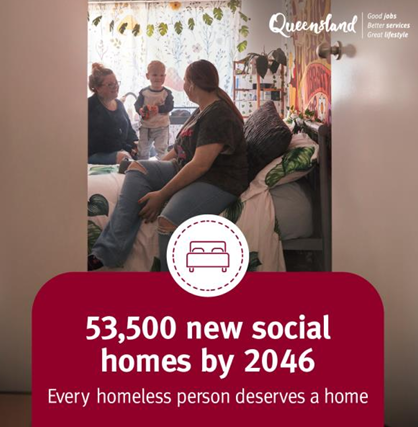
|
The Residential Tenancies and Rooming Accommodation and Other Legislation Amendment Act 2024 amends Queensland’s rental laws to strengthen renters’ rights and help stabilise rents.
|
Reforms commencing on 30 September 2024.
|
|
Changes to the law will come into effect in stages. Reforms that will help to ease cost of living pressures for renters will commence on 30 September 2024. More information here.
|
|
Digital Devices for
disadvantaged schools
|
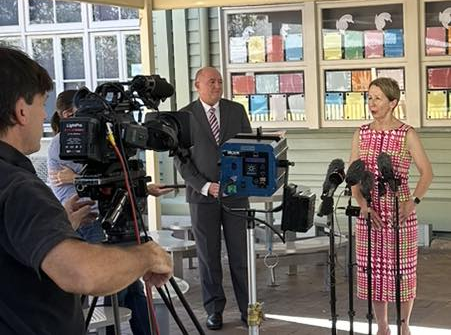
|
This month Education Minister, Hon Di Farmer announced an investment of $150 million into providing free digital devices to our most disadvantaged schools in Queensland.
|
"We don’t want our kids to be divided into the 'haves' and 'have nots,'" she said. "All kids need to be tech-savvy, to be able to learn on-line. Or they may be left behind."
That will mean around 225 000 kids have an opportunity to have a digital device to use at home and school. At no cost to their family.
|
|
|
|
|
|
Renters Relief Package
|

|
|
Through Homes for Queenslanders, the Queensland Government is further supporting renters to find, get and keep a rental home.
|
|
The Renters Relief Package has expanded eligibility for a range of products and services to help customers find and apply for a place to rent, help to get a rental, and help to keep their place if they’re having financial difficulties. This expanded eligibility means that income limits have increased so more Queenslanders can access renting assistance.
|
- For more information visit The QLD government website here
- Or get in touch with your local Housing Service Centre Contact here
- People who need housing help can go to qld.gov.au/housinghelp, call 13 QGOV (13 74 68) or the Homeless Hotline on 1800 474 753.
|
|
|
|
|
Youth Housing Essentials supports young people (25 and under), who are transitioning from government services. It offers short-term, practical, tailored brokerage assistance of up to $5,000 per household to address their essential housing needs.
|
It provides access to essential goods and services that are necessary for securing and maintaining housing, such as:
|
- furniture, fridge, washing machine and other essential home items
- education or work necessities, such as school stationery and work clothing
- transport and moving costs, such as vehicle registration, Go Cards, removalists and identification
- mobile phone and prepaid phone credit.
|
To access Youth Housing Essentials, a young person must be supported by a service provider, support agency or Housing Service Centre – young people are not able to apply for the funding without support.
|
|

|
Youthh Housing essentials can be used in conjunction with other departmental products and services. As an organisation, supporting eligible young people, you can apply for this assistance on behalf of any young people you support who are transitioning from services, such as:
|
- living in care (child safety)
- youth justice
- corrections
- temporary supported accommodation
- youth foyers.
|
|
|
|
|
REPORTS, ARTICLES AND PUBLICATIONS
|
|
|

|
The Game Changers report, co-produced by Queenslanders with Disability Network (QDN) and Urbis, examines how the Brisbane 2032 Olympic and Paralympic Games could significantly improve employment opportunities for people with disabilities in Queensland.
|
|
Drawing on lessons from global events like the London and Tokyo Olympics, the report highlights the Games' potential to foster inclusivity and shift societal perceptions. It also offers insights into the current employment landscape for people with disabilities in Queensland and provides recommendations to enhance this ecosystem before, during, and after the 2032 Games. Read report here.
|
|
|
|
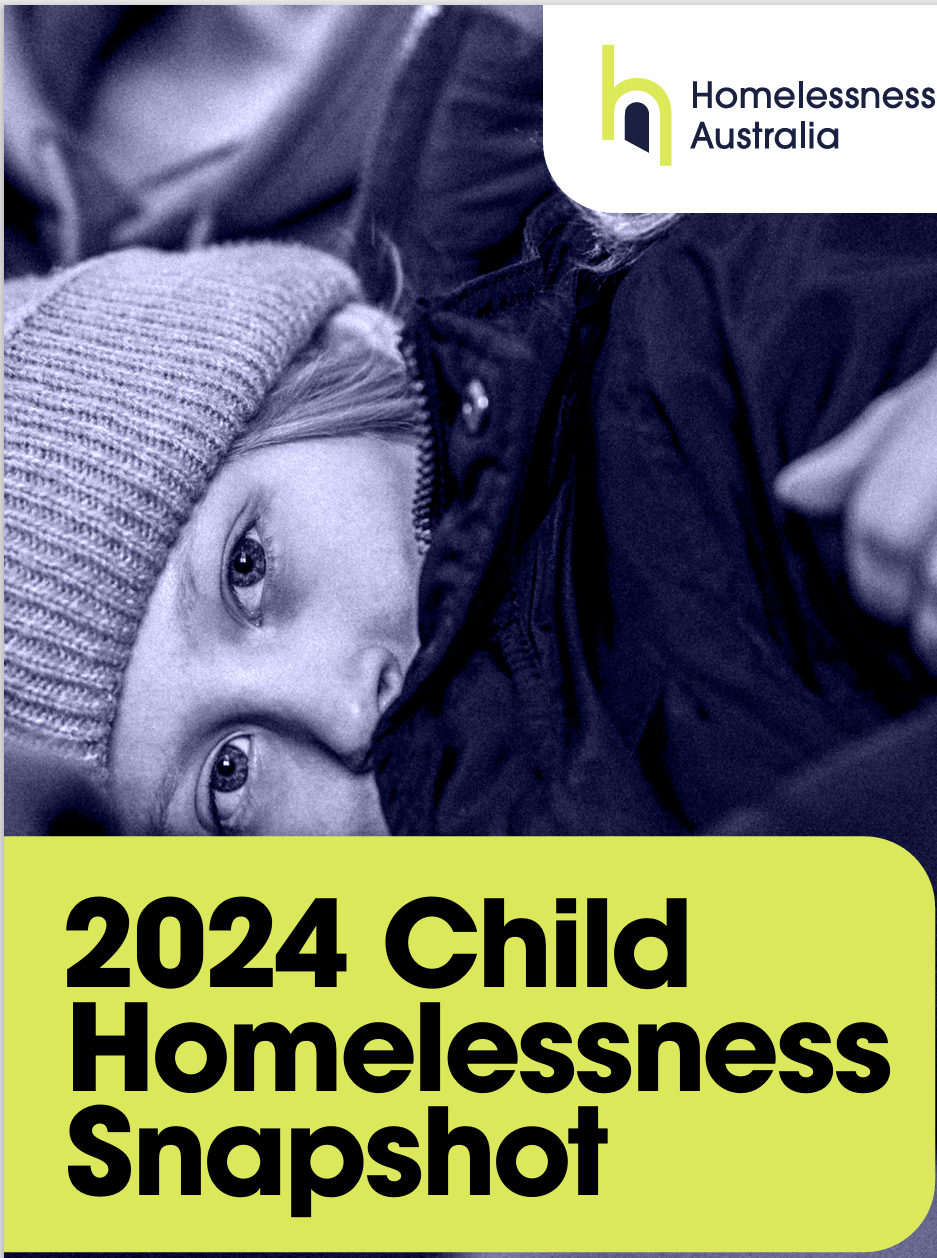
|
This report highlights the national crisis of child and youth homelessness being faced in our country.
|
The high number of homeless children in Australia reveals a significant failure in public policy. In the 2022-23 period, over 76,000 children under 18 sought assistance from homelessness services.
|
|
Notably, nearly 16,000 of these children approached services on their own, often escaping violence or neglect. Of particular significance is that First Nations children are overrepresented among children experiencing homelessness. Nationally, 32% of homeless children are First Nations despite only comprising 6.8% of the population under 18 years of age. You can read the report here.
|
|
|
|

|
|
|
|
|
|
|
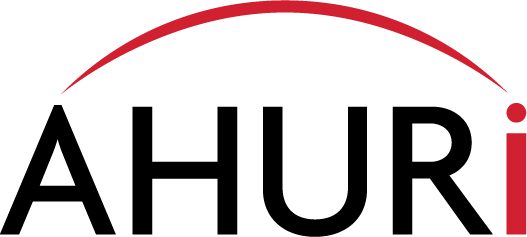
|
|
New AHURI research finds that a focus on enhancing liveability factors, such as housing, health, education and infrastructure are key to regional centres growing and retaining a population that thrives.
|
|
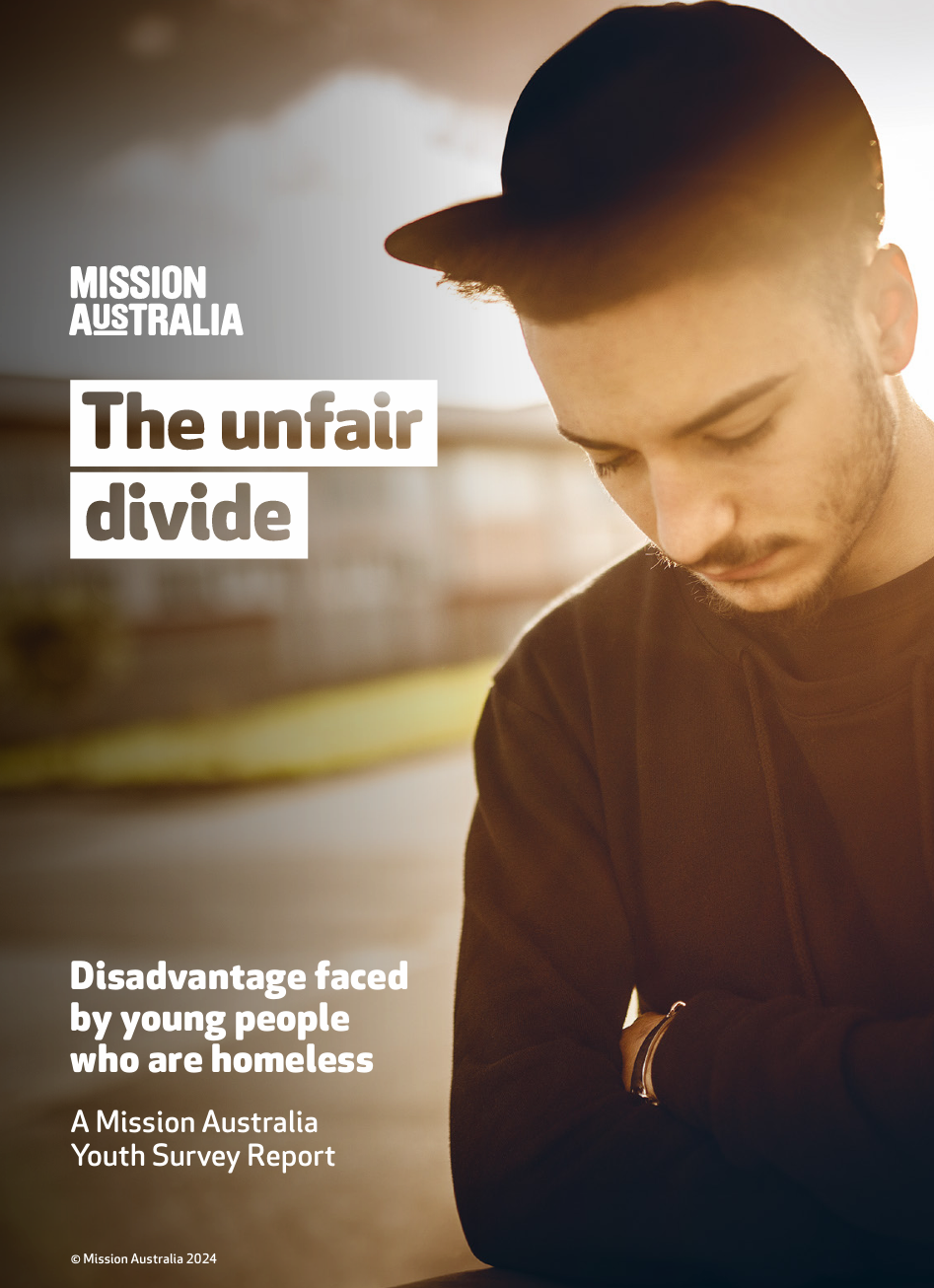
|

|
|
This is Mission Australia’s fifth biennial report on youth homelessness. The report analyses data from the 2023 Youth Survey to identify key disparities between young people who have experienced homelessness and those with stable housing, and offers policy recommendations aimed at ending youth homelessness in Australia.
|
|
|
Every year, Mission Australia conducts the largest annual survey of young people in Australia, inviting 15 to 19-year-olds to share their challenges, concerns, and experiences. The 2023 Youth Survey report compiles insights from 19,501 responses, highlighting young people's concerns about the environment, equity and discrimination, economic and financial issues, and mental health.
|
|
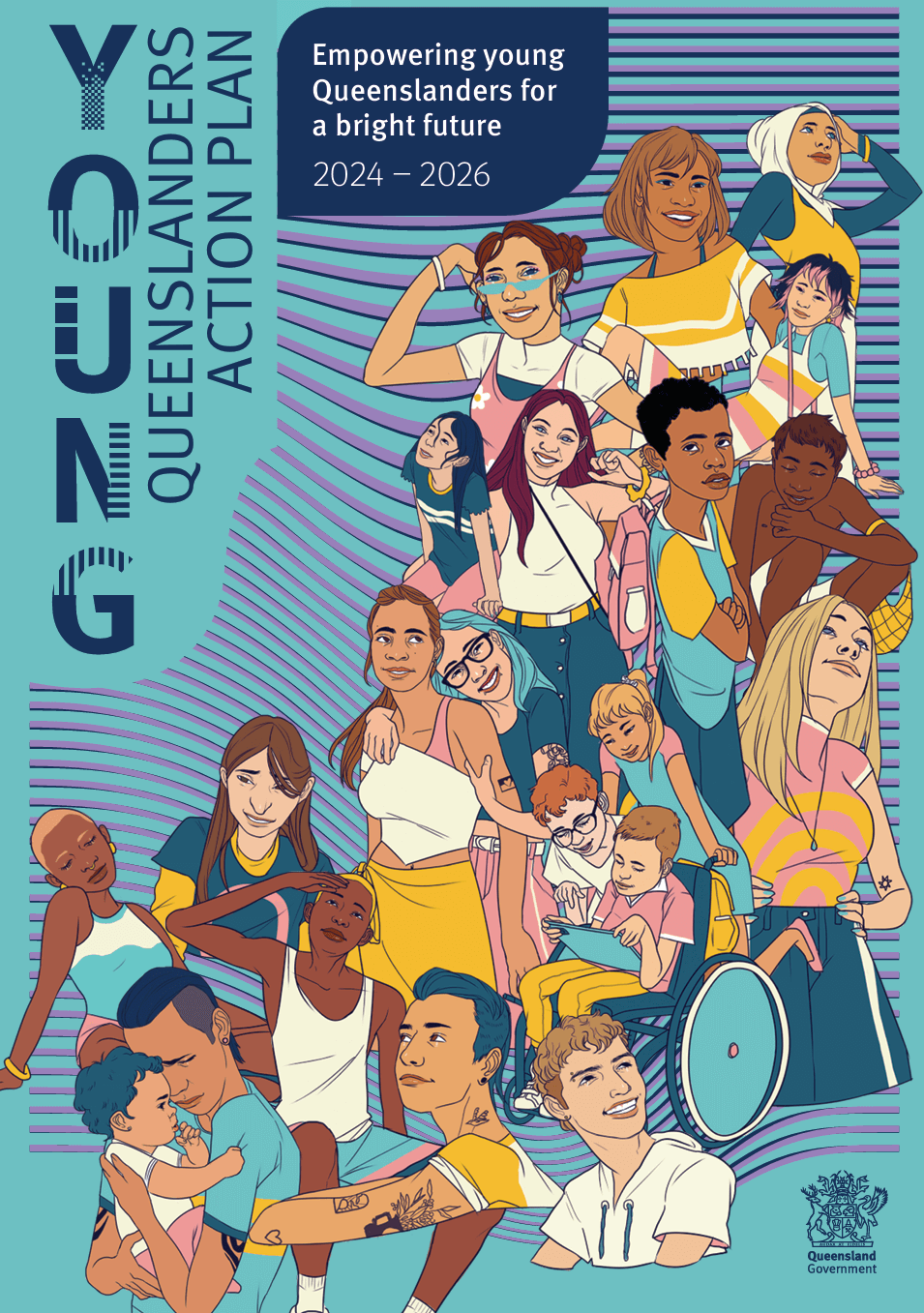
|
The 2024-2026 action plan builds on the Young Queenslanders Strategy and aims to empower young people in Queensland through:
|
- Participation: Encouraging exploration and positive influence in their surroundings.
- Future Cultivation: Providing tailored opportunities to support their unique needs and interests.
- Empowerment: Equipping them with the information, resources, and support necessary for their success.
- Community Engagement: Ensuring they feel connected, celebrated, and resilient within their communities.
|
|
|
|
|

|
Supporting cultural needs: Working with culturally and linguistically diverse children in out-of-home care.
|
Held in partnership with the National Association for Prevention of Child Abuse and Neglect (NAPCAN) as part of National Child Protection Week, this webinar will explore how practitioners can support the cultural needs of culturally and linguistically diverse children in out-of-home care.
|
|
Date and Time: Wednesday 4 September 2024, 2:00pm-3:00pm (AEST). Register here.
|
|
|
|

|
|
The Human Rights Commission is delivering training in Brisbane, Townsville and online between now and November. If you can't attend the interactive training, online self-paced modules that let users learn at their own pace and on their own schedule are also available. This option is ideal for large workforces or individuals seeking a concise introduction to anti-discrimination and human rights law. Learn more here.
|
|

|
The Australian Zero Homelessness Summit will take place on Wednesday, 16 October 2024. The Summit will feature insights from global communities that have eradicated or are significantly reducing homelessness.
|
|
Expressions of interest for financial assistance, including support for those with lived experience of homelessness, close on 16 September. This support covers transport, travel, and accommodation. For details, visit the ‘Equitable access’ section on the registration page here.
|
|
|
|
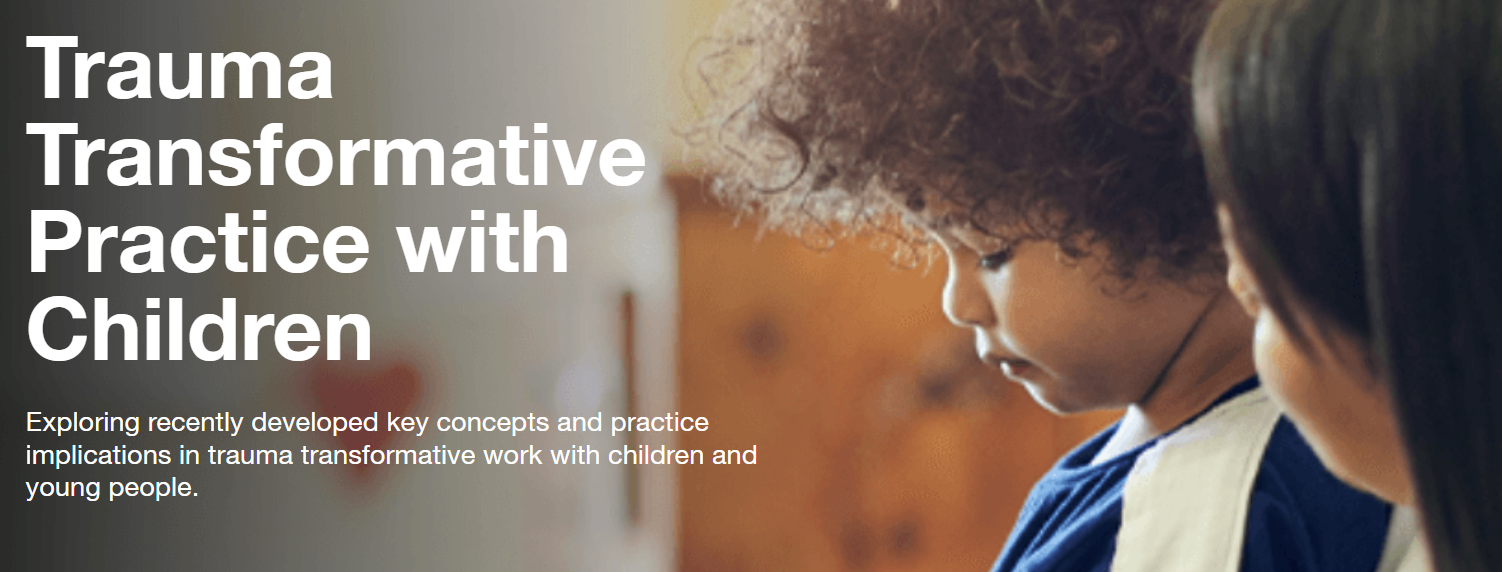
|
This workshop introduces the Trauma Transformative paradigm as a way to inform our practice with children. It will outline the knowledge and dimensions described in The Handbook of Trauma Transformative Practice (Tucci, Mitchell, Porges, Tronik 2024). It is aimed at people working with and caring for children and young people who have experienced trauma.
|
|
|
|
|
|
|
|
|
|
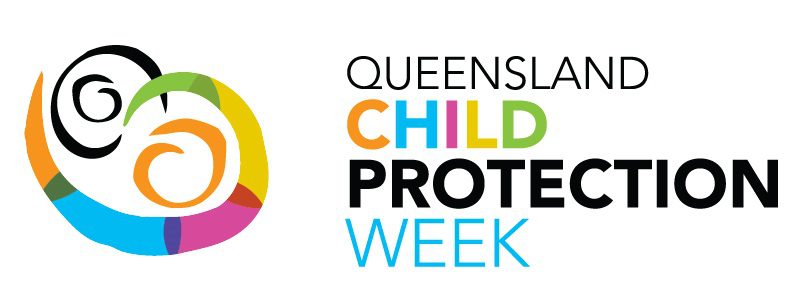
|
|
Father’s Day 1st September begins QCPW again this year. 2024 is set to be a celebration of children and families and a reminder of the support all need at varying times.
|
|
The festivities kick off with an award launch ceremony followed by an action packed week of over 100 events around Queensland celebrating the importance of children and young people and sharing the vital messages of child protection.
|
|
To find an event near you:
|
|
For more information and resources:
|
|
|
|

|
|
CAMPAIGN NEWS
|
|
|

|
National poll finds 9 in 10 Australians support action on housing for young people
|
HomeTime’s first national poll reports overwhelming concern for the number of children (15-17 year-olds) with nowhere to live as well as strong community support for government action.
|
|
This support was consistent across demographic factors such as state, metro/regional location, age, household income and party affiliation.
|
|
- Over nine in ten (91%) of Australians were concerned at the high number of unaccompanied children experiencing homelessness each year.
- Total support for making housing for unaccompanied children experiencing homelessness a national priority was also 91% - matching community concern with an appetite for action.
- Six in ten (62%) ‘strongly supported’ the Federal Government making housing for children experiencing homelessness a national priority, with only 5% opposing a focus on child homelessness
|
You can read the full media release here.
|
|
Join the campaign sign up here.
|
|
#FixHousingForYoungPeople #HomeTime.
|
|
|
|
|
|

|
Queensland locks up more children than any other state.
We lock up children for longer than any other place in the nation, and our detention rates have been going up over the past four years. By that measure, we should be the safest state in the country.
|
|
So why are we in the midst of a youth crime crisis?
|
Because imprisoning Queensland children does not teach them a lesson. It does not help them change their behaviour. It does not keep our communities safe, and it costs millions of dollars.
|
|
Tell Queensland Premier Steven Miles it's time for change by supporting the campaign here.
|
|
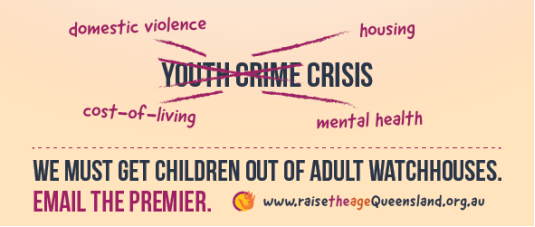
|
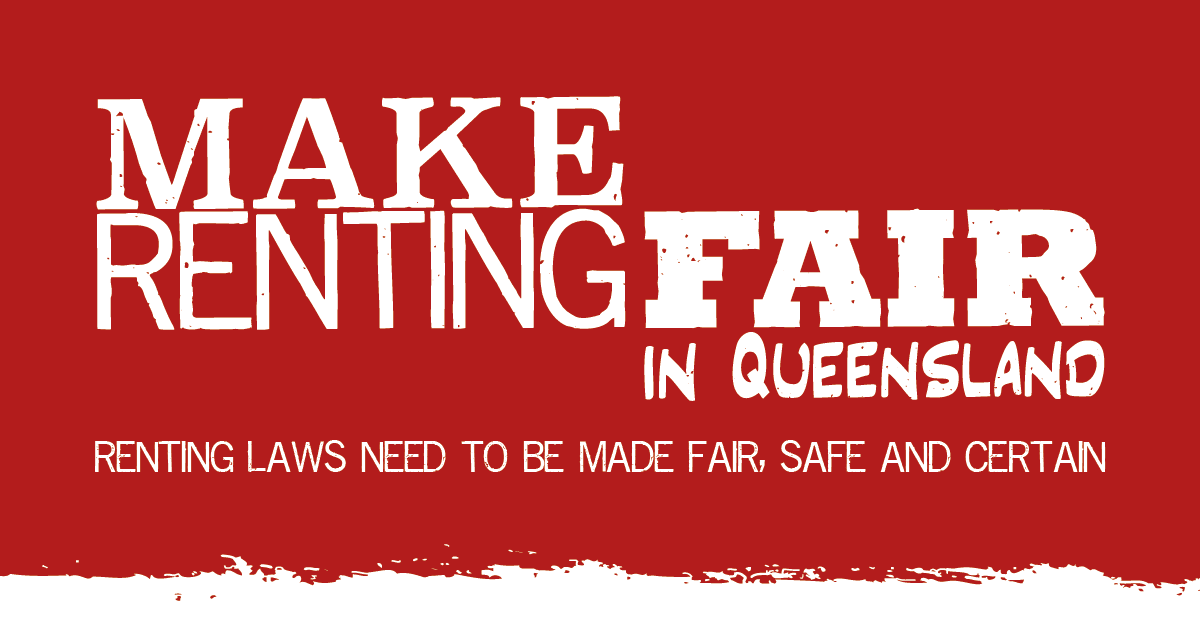
|
QYHC is a member of Make Renting Fair Queensland, led by Tenants Queensland, staunch advocates of rental reform in Queensland. June saw the proposed changes to tenancy laws passed. Also, in a separate Bill, improvements for residents of Manufactured Homes passed. Congratulations to the Queensland government, TQ, MRFQ and all involved in these changes. Reforms commence 30th September as noted above in HfQ.
|
There are significant improvements for Queensland renters in the package of reforms just passed and those which were made into law in October 2021.
|
Three outstanding issues will remain on the agenda of MRFQ and TQ:
|
- Limiting the amount that rents can rise
- Truly ending without ground notices to leave (by prohibiting the use of ‘end of a fixed term’)
- Energy efficiency minimum standards.
|
You can find out more about the campaign and become a supporter here.
|
|
|
|
|
In Case you missed last month’s
Reports, Articles and Publications
|
|
|
|
|
Exiting Youth Detention Report
|

|
Queensland Family and Child Commission has released the Exiting Youth Detention Report, hearing directly from young people about how we can support them to transform their futures on leaving detention. QFCC Principal Commissioner Luke Twyford observes that "young people who have experienced detention feel rejected by people in their communities, which they said is a significant disincentive to contribute positively and change their behaviour for the better."
|
|
This insight illustrates key opportunities for the kinds of supports that can deliver safety and wellbeing to young people and their communities.
|
|
|
|
|
|
|
|
|
|
|